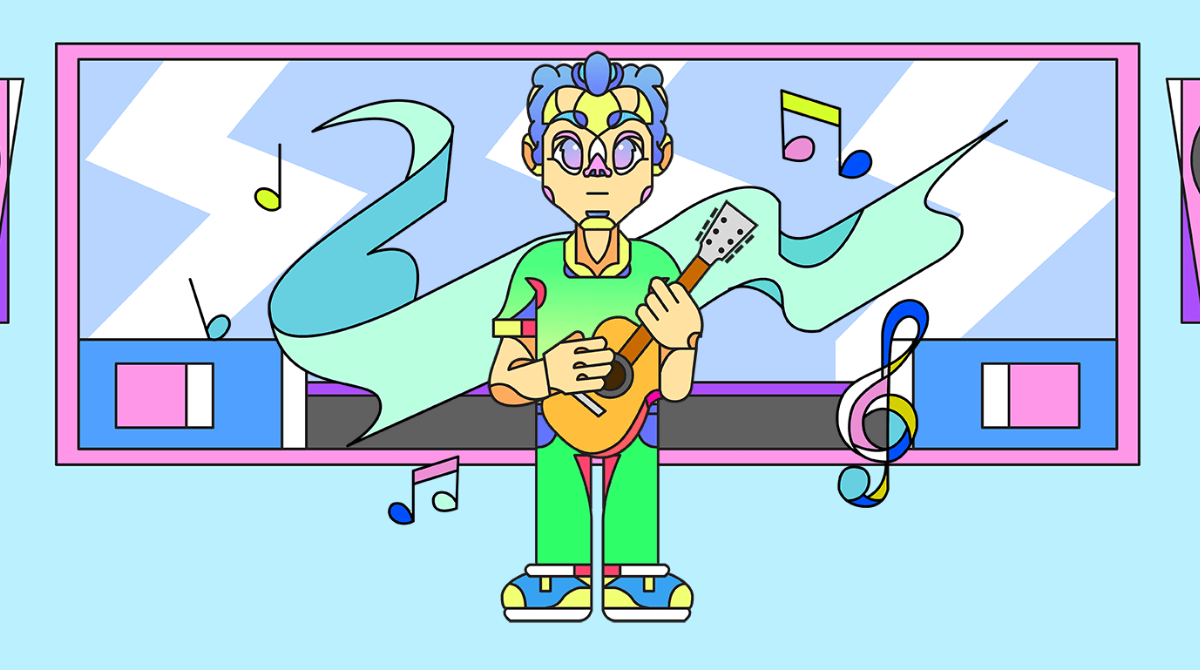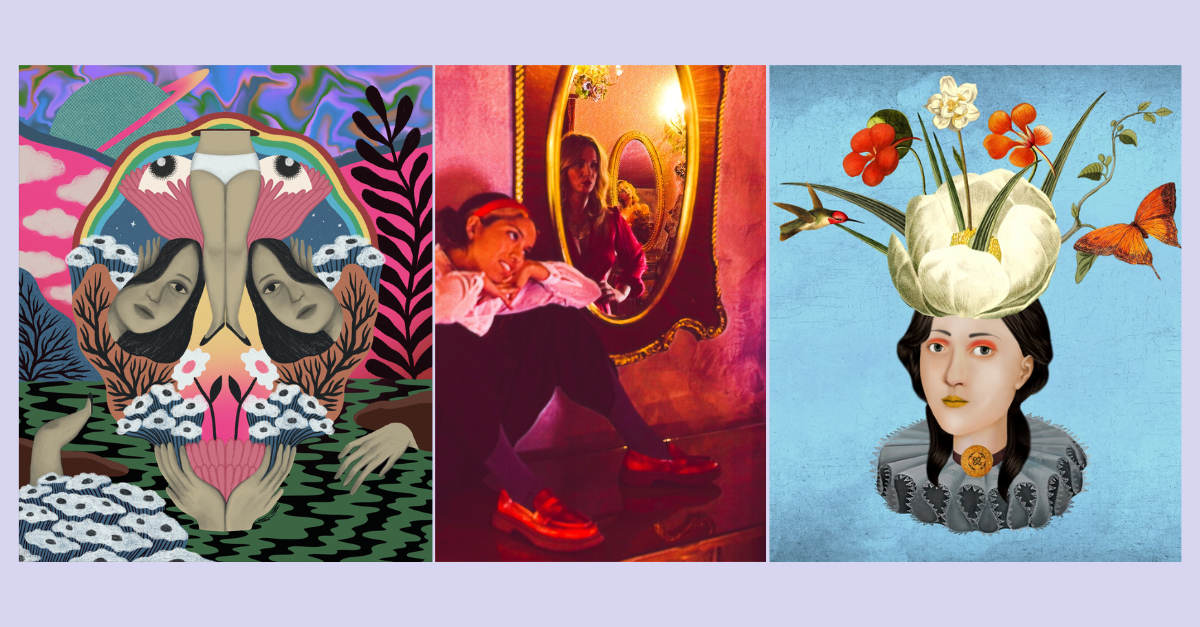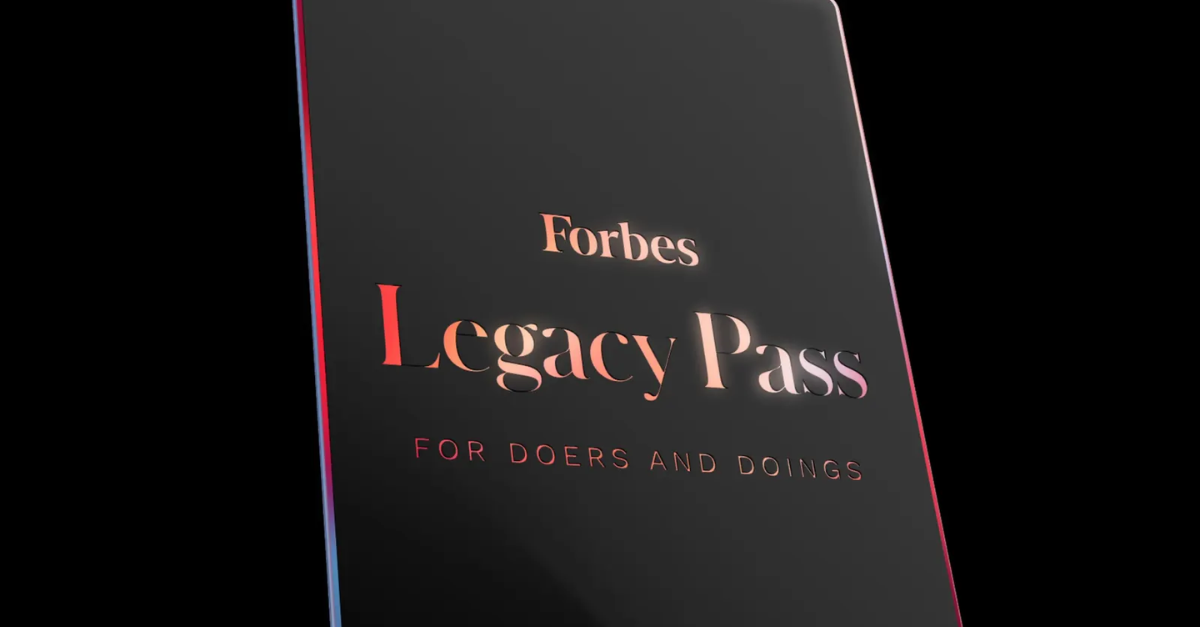I joined Phil from the CryptoGameTalk Discord server for a talk about crypto gaming, community building, and NFTs. In this part, we talk about scams, gambling, and competing against bots. But stayed tuned for Part Three, where we get into the controversial stuff.
Phil’s humble demeanor is more consistent with his roots (Pennsylvania) than with his demographic (late 20s) or the scale of his earnings as a gamer (substantial). He was one of the earliest adopters in crypto gaming and he continues to be one of the most dedicated explorers of the space.
CryptoGameTalk is a server that hosts an ongoing, in-depth discussion of dapps. Its focus, as the name suggests, is crypto games, but the conversation reaches related topics including on chain gambling, dapp development, and the Ethereum toolchain. Since its inception in early January 2018, the server has grown to 6273 users.
You can follow our conversation across this three part series.
Continued from Part One
Dan: Did you play Fomo3D at all?
Phil: I didn’t. I didn’t get in the first round, anyways. I was kind of hesitant. I regret that now. I got in on some of the subsequent rounds, the short versions, once I understood the mechanics a bit more. I feel that legitimate Ethereum developers play applications like that off as a cancer on the ecosystem. They say, “this isn’t a good application, it’s just a Ponzi or a pyramid.”
There are people who believe that category ends up hurting the space as a whole, but I’m not sure that I’m one of them. It’s interesting how there’s a community of people who find enjoyment in those types of things. Adoption of those applications is driven by the same impulse that makes people gamble. Fomo3D is just a contract, in code, with a given set of rules. I think that there is a place for that type of stuff. But at the same time, users need to be more informed of the risks of the legitimate offerings and aware of the scams.
In the scene, the word “scam” gets thrown around a lot. It’s gotten to the point where it’s lost connection to what the word actually means. To me, a scam is not just a low value application. A scam is a dishonest offering dressed as a legitimate offering, maybe an unverified contract that allows the dev to withdraw all the Ether and run. It doesn’t provide anything. It’s deceptive in some way. Whereas, with some of these gambling type of contracts, it’s more complicated. Users are aware that they could lose their Ether. But they think that it’s a good bet and they try their luck.
It’s weird how some people are really standoffish about this stuff. We might see a surge of people being more assertive about protecting these games, saying, “It’s not just a developer scamming users. People are willingly engaging and they are finding some sense of enjoyment from participating.”
I don’t think it’s necessarily a bad thing, you know? Predatory, opportunistic developers and blatant scams are bad, of course. But, look at what happens in the real world, this is nothing new. People want to gamble their money. These games just provide a new layer. It’s just a new element in an existing framework. But it can be really confusing to some people.
I have a lot of mixed feelings about it, but I think there’s a place for it. The global Ethereum community should make an effort to acknowledge that this is a part of the ecosystem now, instead of just trying to push it away, saying, “This doesn’t belong. We don’t want this here.” Because it’s always going to be there, just by the nature of the technology. There’s always going to be communities of people who want to participate in those types of things. We need to work on building a healthier relationship with the gambling facet of our ecosystem. Spreading knowledge will help a that. Just being more informed about the risks involved goes a long way. It’s really complicated.
Dan: Yeah, it is. And I think you’re right about the assertion that information is the antidote to those evils, to the extent that they are evils. The crypto space lends itself to voluntaryism, right? It attracts people who want to live in a world where people aren’t protected from themselves. I’m Libertarian enough to be comfortable with adults deciding to gamble.
There are definitely some political issues that touch our world. Did the politics of cryptocurrency draw you in at all?
Phil: I mean, yeah in a sense. I’m definitely more leftist or libertarian. I’m kind of a hippie type, honestly. But there are some seriously troubling uncertainties. What happens if Proof of Weak Hands ends up getting ridiculously massive, out of control? How would the government intervene? It’s a complicated thing to not have an emergency brake on it. Developers need more legal advice. They need to understand the ramifications for themselves and for their users. Obviously, it won’t be a “one glove fits all” scenario. It’s an international community, after all.
But right now, governments just don’t care about this small dapp culture. I can’t see it being a priority in its current form. We just don’t register on their radar, and we’ve got cover from the ICO world and the large scale crypto scams. But I think that as time goes by, we’ll see situations where the law does step in. As more precedent is set, we’ll have more certainty about the contours of what’s acceptable and what’s not.
Dan: I’m not convinced that the government is going to be able to catch up. The technology is advancing so rapidly and adoption is still so fast, while it’s not what it was during the crazy bull run, that the chances of the legislature catching up with this movement in time to meaningfully regulate it are slim. It’ll require some new legislative paradigm, or else we really are going to have a financial system, a global settlement layer, that exists more or less outside the control of national governments. It’s complicated well beyond what you and I are qualified to give definitive judgments on, but it is one of the things that’s exciting about the space to me.
Phil: Definitely. There’s a lot of unexplored territory around here. You never know exactly how things are going to play out and crypto moves at super speed. It’s crazy to see all these things happening so fast.
Dan: All right, we’ve reached a pretty high level of generality and I’m starting to feel way out of my depth. Let’s get down into the nitty-gritty of a game. What have you played today?
Phil: I think I may have withdrawn from this Ethergarden game. It was kind of a dumb idea to get into it.
Dan: What’s Ethergarden?
Phil: It’s one of those shrimp-like games. I don’t know if you’re familiar with them. Ether Shrimps came out a while back and then there were a bunch of clones of it. It had a good UI, this Ethergarden thing. I think you have to keep like converting pumpkins to renew your harvest or something in order to keep up with your own investments. I wasn’t totally following it. I wouldn’t recommend that anyone gets into something like that.

Dan: I’m not familiar with the shrimp games. I don’t know that format. Is it a passive thing, kind of like Goo?
Phil: Sort of. It was kind of an idle game. You’d buy eggs, and then over time, you get shrimp. And then you can breed them and convert them to eggs. It ended up really heavily botted. Somebody scripting this stuff would have a big advantage over somebody manually playing. And I think that’s why it didn’t catch on that much after the bots took over.
Dan: Any game with real money at stake that can be botted is eventually going to be less fun for humans to play manually. I’ve got two questions here. A) is the meta-game of writing bots a meaningful game, in the traditional sense? And B) have bots been a healthy or unhealthy thing for the space?
Phil: Well, to answer A): yes. Definitely. B) Overall, it’s healthy. It’s just a feature of games on the blockchain. And you can’t really prevent it, anyways.
An interesting thing that FairDapp has done is release a public, open source bot for people who want to use it in the game. They knew the game would be botted and figured that botting would benefit their ecosystem. I think that’s an interesting concept of its own: building games with the knowledge that they can be botted and giving users access to the useful bots. That’s a really new and innovative, next-level type of thing.
Dan: Including a bot in the shrinkwrap as part of the game: that’s definitely new and radical. Would you go into FairDapp a little bit deeper?
Phil: There’s a P3D style exchange, which is fed certain amounts from the other games. He started with other games, it wasn’t P3D at all. It was kind of it was kind of a hot potato concept, a hot potato / Fomo hybrid where there’s these stages and these quotas to be filled. A certain amount that players put into each stage goes to a jackpot and a certain amount is given to players in the previous stages. If the quota fills before this timer goes down, then the game goes into its next stage, with a higher target. But if it doesn’t, the people who had put their Ether in at that final stage share the jackpot when the timer runs out.
It got pretty interesting, honestly. People continually played it. It’s hard to build a game that keeps players interested. People loved chasing that jackpot. But then at the end, they would be sniped by a lot of people, and that rush would push the game over into the next round.
He launched something else, which is kind of like a bank simulator, which was a little more complicated. It had some limitations, but he’s always pushing boundaries. He’s making games that draw on the gambling dapp concepts that have succeeded in the past, but always with these novel twists on them. He made an exchange type of thing for his future games to feed into.
That’s getting big: devs create a P3D style center, and then users can hold on to it and benefit from profits or commissions from the other games. It’s really interesting to see. At first, when Proof of Weak Hands was released, it just stood on its own. But now people are integrating other concepts and creating a broader ecosystem. That’s pretty cool. So I’m excited to see what’s next for FairDapp.
Dan: It’s a form of interoperability that’s unique to this space. Devin asserts that interoperability is the real feature of the space, above and beyond everything else. What other games do a good job of interacting with another dapp? What’s the most interesting relationship between dapps right now?
Phil: Surprisingly, there isn’t much. Everyone talks about interoperability, but at end of the day, devs believe there’s more money in sticking to their own platform, instead of building off someone else’s. CryptoKitties has the KittyVerse community, which is kind of cool. I saw Kitty Fights or something was coming soon. I remember looking into that. That was pretty cool.
But I think there is room to explore interoperability on a larger scale and benefit from being exposed to various different communities. I have actually had an idea of something of that sort that I’m still on the fence with. But I don’t want anyone to steal it from me.
Dan: Oh, what a cruel tease! How brutal. All right. Fair enough. No pressure. Did you play Magic: The Gathering? What was your gaming background like?
Phil: I did play Magic: The Gathering. I played a lot of Yu-gi-oh! when I was younger, and Pokemon. I kind of wished that I kept my good cards. I think I sold my Charizard for around 20 dollars at a yard sale. Now, I look at the prices and they’re worth so much more.
1st Edition Charizard Shadowless Holo 1999 Pokemon Card 4/102 PSA 5 | eBay
Dan: I feel that way about the early, low ID, cryptocollectibles like low ID CryptoKitties. I think we’ll look back through our transactions someday and we’ll see transactions that make us groan.
Phil: That’s what I’m hoping for. Back in the day, I made an R script to more easily visualize the cats of ID less than 10,000. I would buy them out a certain threshold and then I would list them. A lot of them sold for a decent profit. I would snap up anything for less than 0.01ETH and then list them. I called them “collectors cat” and I’d list them for 0.1ETH if they were just completely random. Some of the Gen 0s, I’d list for much more.
There just aren’t many cheap cats below 10,000 anymore. They’ve mostly been snatched up or maybe users just forgot about them. Some of the early players just aren’t active anymore. I do believe that the prices for low ID cats will increase.
That’s that’s the reason why I bought a founder cat last week or so. I saw one that was 29 Ether and I decided that it would be cool to have one of those. I saw that the floor seemed to be rising on founders and I pulled the trigger. I don’t know if I’ll try and flip it for a profit or just hold on to it for a long time. CryptoKitties will always be that first big name dapp. That really can’t be changed now. They’ve solidified themselves in history. I think that alone will ensure that there is some persistent value for those cats.
Cryptokitties: The Download On Digital Cats
Dan: Absolutely. There can only be one authentic original, and CryptoKitties is it. Other than the founder cat, what long term plays have you made? It sounds like you do well on week-to-week plays, but what are you hoarding? What are you keeping for the long term?
Phil: Well, for a lot of the stuff I’m keeping long term, it’s mostly just because there is no market for them anymore. Now my celebrities — my Trump card, that’s stuck there. I mean it is cool. I can look back on it and you know it’s a story. But I think I spent — this was when Ether was like a thousand each — I bought it at a discount for like 85 Ether and ended up getting stuck with it. So, now I’m just stuck. I’m just holding that now. Maybe someday it’ll be something, but I don’t know, maybe not.
I usually just grab things and sometimes I forget about them. Then once I hear about the game again, it’s like, “Oh yeah, I remember, I had some of those.” I don’t have any Etheremon. I think I sold them. I probably should have kept some. But their market opened up and I was able to sell them for a decent price.
Sometimes I go on OpenSea and just get things that look interesting. There’s this HiPrecious collection and I saw the zero token, a Suma Tiger. I decided to just grab that because it looked cheap and interesting and it was the zero token. I don’t know if it has any future or anything, but it seemed cool at the time.
Dan: My impulse purchases on OpenSea are usually art. If I can find a Known Origin piece that’s relatively cheap and looks interesting, I’ll get one. Are you interested in crypto art at all?
Phil: At the end of the day I think the art is just the frontend manifestation. It’s good that it’s all stored by marketplaces like OpenSea, so that visual representation can live on beyond the original developer support. But for me, it’s hit or miss. I usually want to get some other type of value from it, beyond just art.
Dan: Does it matter to you whether the visual asset that corresponds to a token is stored on IPFS or just on some third party servers? Is it enough that OpenSea also hosts those images, or do you want to see some sort of more robust, on chain support for the visual assets? Or is it just purely about the token for you?
Phil: It would be cool if there were some way to own the art associated with each token. I know people have talked about that regarding CryptoKitties, how technically the art is owned by CryptoKitties.
CryptoKitties | Collect and breed digital cats!
I think that in the future, people will be able to pull that off a little better. It definitely helps to have OpenSea backing up the images. That way, I can at least look at and admire my CryptoCelebrities.
Continued in Part Three









.png)

.png)
.png)
.png)
